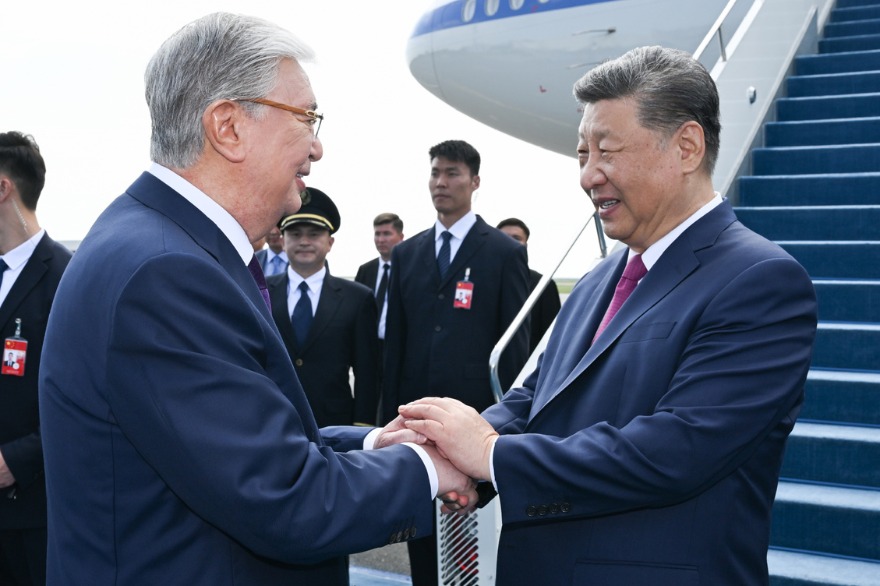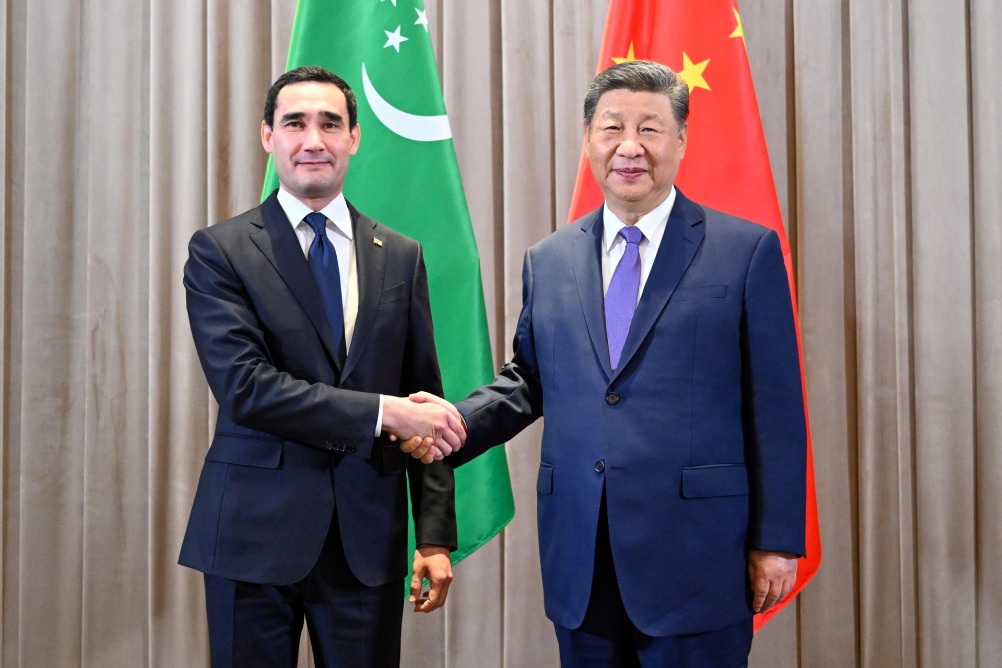US misreading Made in China 2025 by design


As a drafter of the Made in China 2025 plan, I feel the US report on the investigation under Section 301 of the Trade Act of 1974 is biased. For instance, the report says the Chinese government provides funds for enterprises to invest in and purchase US companies in a bid to acquire core technologies, when the fact is that Chinese enterprises have decided on their own to expand globally because of the rapid increase in their competitiveness and power.
That Made in China 2025 is a development plan, not an industrial policy, shows the government's encouraging attitude toward-not its eagerness to provide funds for or offer any other concrete support to-companies engaged in global competition. Plus, the "technology road map" mentioned in the Section 301 investigation report is actually a research report compiled by some experts, not a government document, and it is definitely not related to any policy or fund.
Made in China 2025 has, over the past three years, not only helped stabilize China's economic development and restructuring, but also greatly boosted global economic recovery. Besides, the government is likely to continue to promote the upgrading of the manufacturing industries, because it is vital to China's sustainable development, which is closely linked to the United Nations' 2030 Agenda for Sustainable Development.
An important part of Made in China 2025, which the Section 301 investigators have deliberately ignored, is the aim to build "responsible" manufacturing industries in China so that enterprises abide by laws, rules and ethics, and fulfill their corporate social responsibilities. The enterprises are expected to become more efficient in the use of resources, including energy, minimize the environmental impact of their production process, adhere to the human-first principle and strive for win-win cooperation. They are also expected to coordinate their growth with the economic and social development of the economies they operate in.
To make the enterprises act more "responsibly" is the main objective of Made in China 2025. That the enterprises are also expected to incorporate innovation, coordination, eco-friendly practices, transparency and sharing into their development plans has been intentionally ignored by the Section 301 investigators, who ironically say the plan's objective is to steal technologies from US companies.
The Made in China 2025 plan urges the enterprises to intensify research and development in technology, strengthen brand building and improve after-sales services, in order to meet the rising demands of consumers and boost supply-side structural reforms. The fact that a considerable part of the Made in China 2025 plan underscores the importance of green manufacturing-which the Section 301 investigators have ignored-means the enterprises will use environmentally friendly technologies at almost every step of their operations, in order to develop a circular economy marked by minimum pollution and maximum recycling.
The plan is also aimed at reducing the emission of the main pollutants by 20 percent in some polluting industries by 2020, and cutting energy and resource consumption by the manufacturing industries to the level of the advanced world. But the US investigators have conveniently omitted this significant fact. Actually, after the Made in China 2025 plan was implemented in 2015, the energy consumption per unit of industrial added value in medium-and large-scale enterprises has dropped by 17 percent.
China is the leading producer of more than 200 kinds of industrial products, so it occupies an important position in the global industrial chain. That's why the Made in China 2025 plan attaches great value to cooperation, encourages Chinese enterprises to cooperate with their foreign partners and take part in the world market to sharpen their competitive edge.
The plan also welcomes foreign enterprises to operate in China, and the government has been making unswerving efforts to provide an equal, transparent, fair and rule-based business environment for foreign companies and investors. In other words, the Section 301 investigation report has come to a startlingly wrong conclusion on Made in China 2025.
The author is vice-chairman of China Federation of Industrial Economics.

































